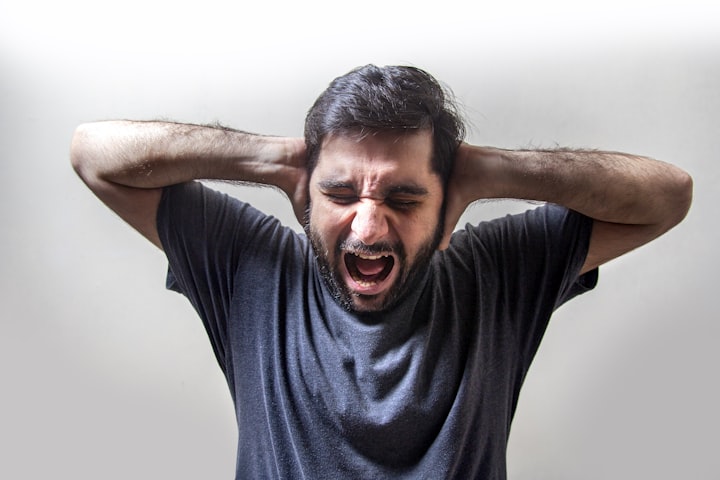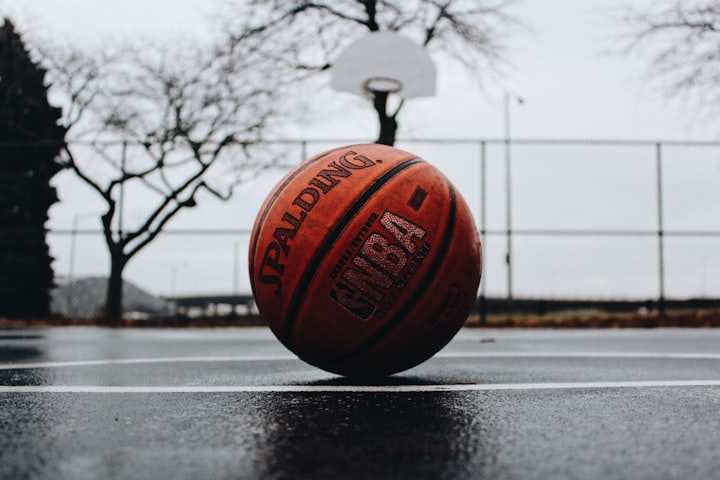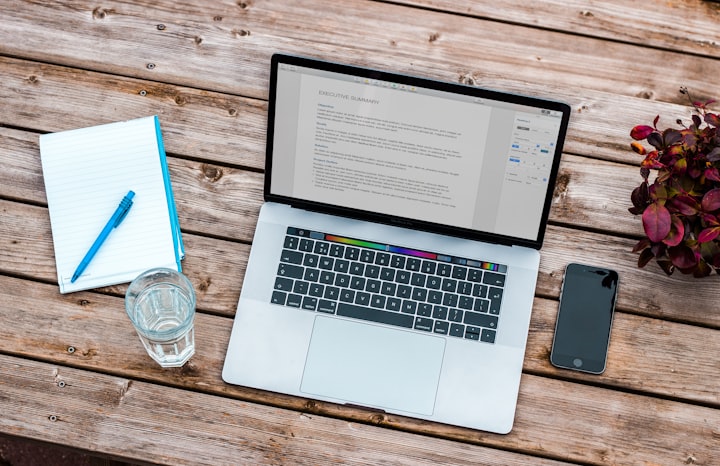
Several years ago, I suffered my first panic attack. During this episode, my heart raced, I broke into a sweat, and I passed out momentarily. Thinking I was suffering a heart attack, my wife rushed me to the emergency room. A few hours later, a doctor explained my health scare stemmed from stress, fatigue, and dehydration and to follow up with my primary care physician. It was at this appointment my doctor explained that I had suffered a panic attack.
I had never heard of a panic attack, also known as an anxiety attack, but realized the titles described well what the victim suffers when experiencing such an event. After that initial attack, many more followed. I remember the occasion when my wife and I decided to watch a movie at the local theater. About half-way through the film, I became extremely stressed with the same aforementioned symptoms. I felt as if the walls were closing in and beelined for the exit. For those who have experienced these fits of terror, you probably realize it can take several hours, maybe even several days to regain a sense of normalcy. And then, there's the fear of not knowing when another might strike.
How to Minimize Panic Attacks
I'm no doctor. I haven't played one on television, and no, I didn't stay at a Holiday Inn Express last night. However, I do know what helped me during this frustrating phase in my life.
1. I stopped drinking caffeinated drinks. I've never been a coffee drinker, but I used to love a daily Dr. Pepper. Unfortunately, drinking caffeine stimulates the body's Central Nervous System. Caffeine gives the body a jolt, causing the person to be more alert, but it also triggers the release of adrenaline, the “fight-or-flight” hormone associated with increased energy. Excess levels of caffeine can trigger anxiety and cause the person to become jittery. These jitters are a horrible feeling for one who suffers with anxiety disorders.

2. I started drinking lots of water. While staying hydrated may not get rid of anxiety entirely, it can help reduce its intensity. (Remember, the first doctor I met in the emergency room told me I was dehydrated.) Additionally, according to the Calm Clinic, “Water also appears to have natural calming properties. Drinking water can be soothing, and often your body will benefit from the added hydration during times of intense stress.” So, instead of dropping money in the vending machine for a Coke, grab a bottle of water.
3. I started exercising on a regular basis. The panic attacks initiated when I was a teacher's aide in the public school system. After school, a handful of teachers and staff hung out in the gym and played pickup basketball games with some of the junior high students. We played about an hour, two - three times per week. I found running up and down the court great exercise, and exercise releases healthy endorphins. Endorphins generate a positive feeling in the body, similar to morphine.

4. I did have to start taking a medication. I struggled with this for quite a while. Not only was I a teacher but a youth pastor in a small church. Sadly, there can be a stigma attached to those who suffer panic attacks. Some see these episodes as being signs of weakness...a lack of faith...etc. However, this just isn't so. My body wasn't producing enough serotonin. One of the most common symptoms of low serotonin is depression, but low serotonin levels can affect almost every system of the body, leading to a wide range of symptoms, including anxiety. The medication prescribed helped my body counter the low levels of serotonin in my system.
5. Prayer. For those who believe in God, prayer truly does help in moments of panic. Prayer focuses your mind on the One who truly controls all things. In an article appearing in Psych Central titled "New Study Examines the Effects of Prayer on Mental Health," researcher Matt Bradshaw, Ph.D, says, "For many people, God is a source of comfort and strength. Through prayer, they enter into an intimate relationship with Him and begin to feel a secure attachment. When this is the case, prayer offers emotional comfort, resulting in fewer symptoms of anxiety disorders."

If you are suffering panic attacks, especially during the time of a global pandemic, keep in mind, you are not alone. Millions of others suffer similar episodes. In fact, almost 6 million people suffer from panic disorders of different kinds. Try implementing the suggested tips to counter anxiety. Maybe these suggestions will help you as well.
About the Creator
Bryan R..
Husband. Father. Music and Youth Pastor. I enjoy writing as a hobby.






Comments
There are no comments for this story
Be the first to respond and start the conversation.